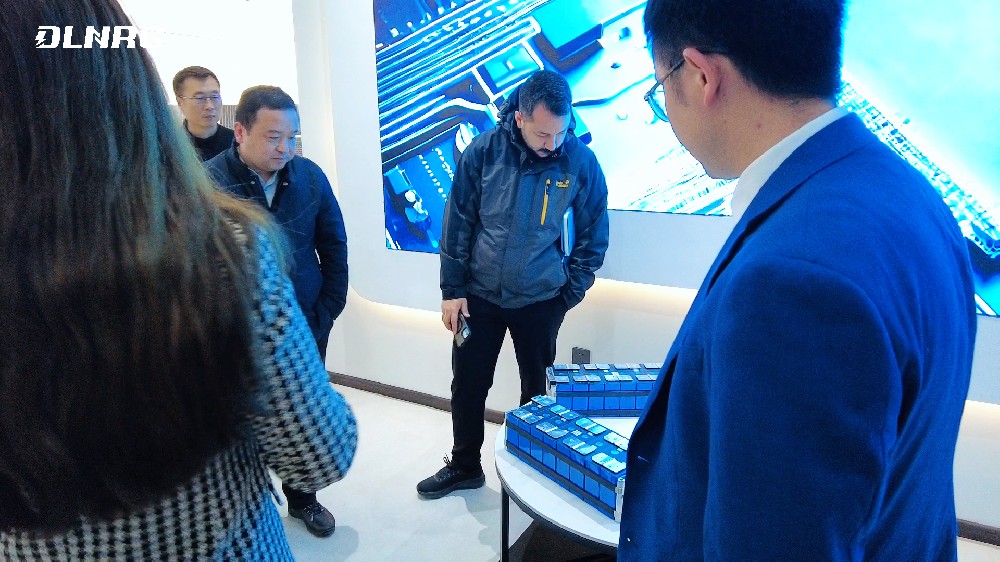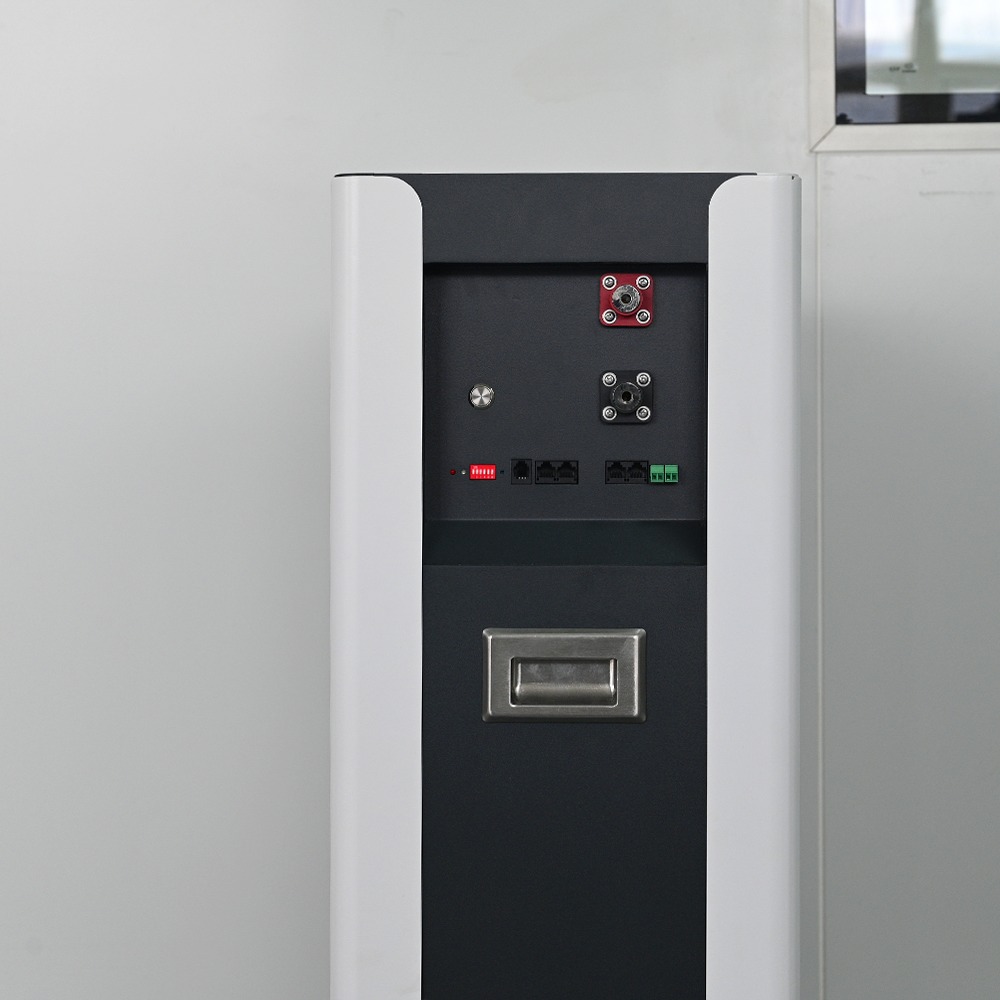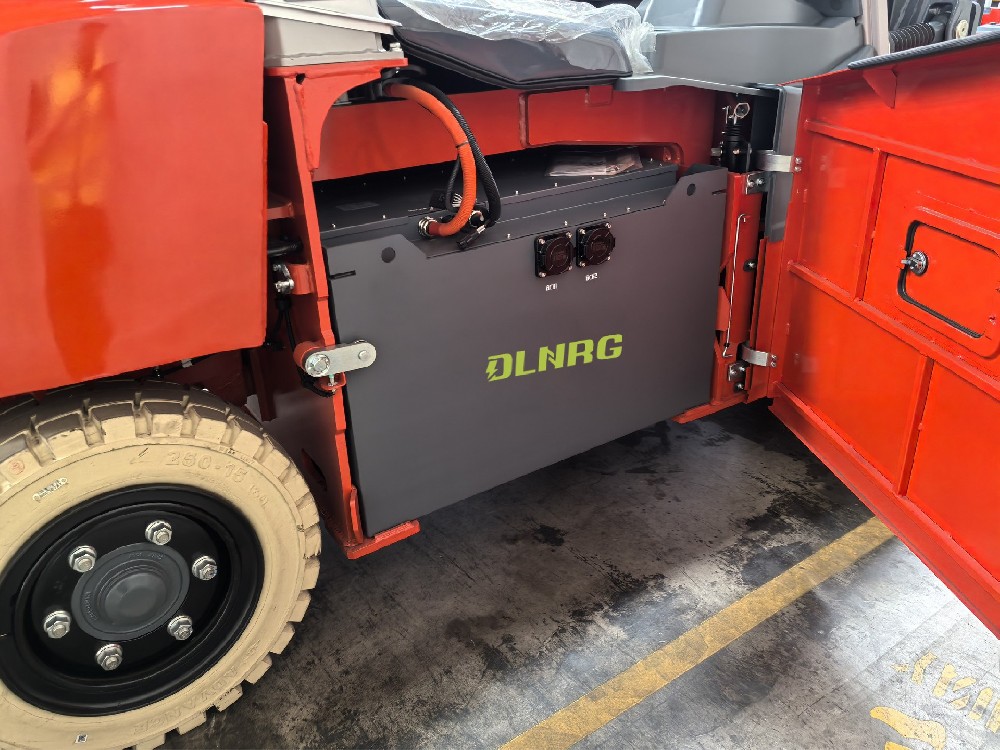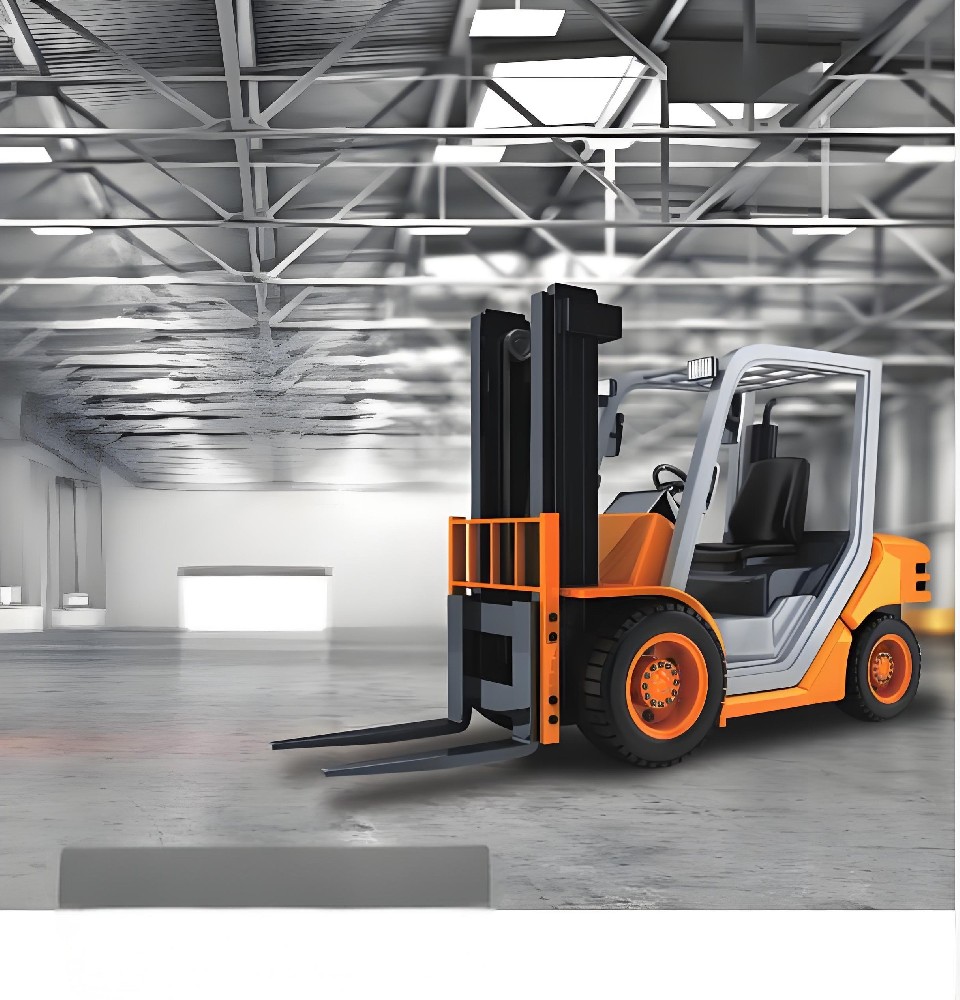We talked about different types of forklifts before, but who knows what types of batteries are in forklifts? What about performance? After all, the battery is the root of the forklift's ability to move. General forklift batteries include lead-acid batteries, lithium-ion batteries, nickel-metal hydride batteries and nickel-cadmium batteries, perhaps there are others, today we will first talk in detail about how these four batteries are in the end, hope to help you.
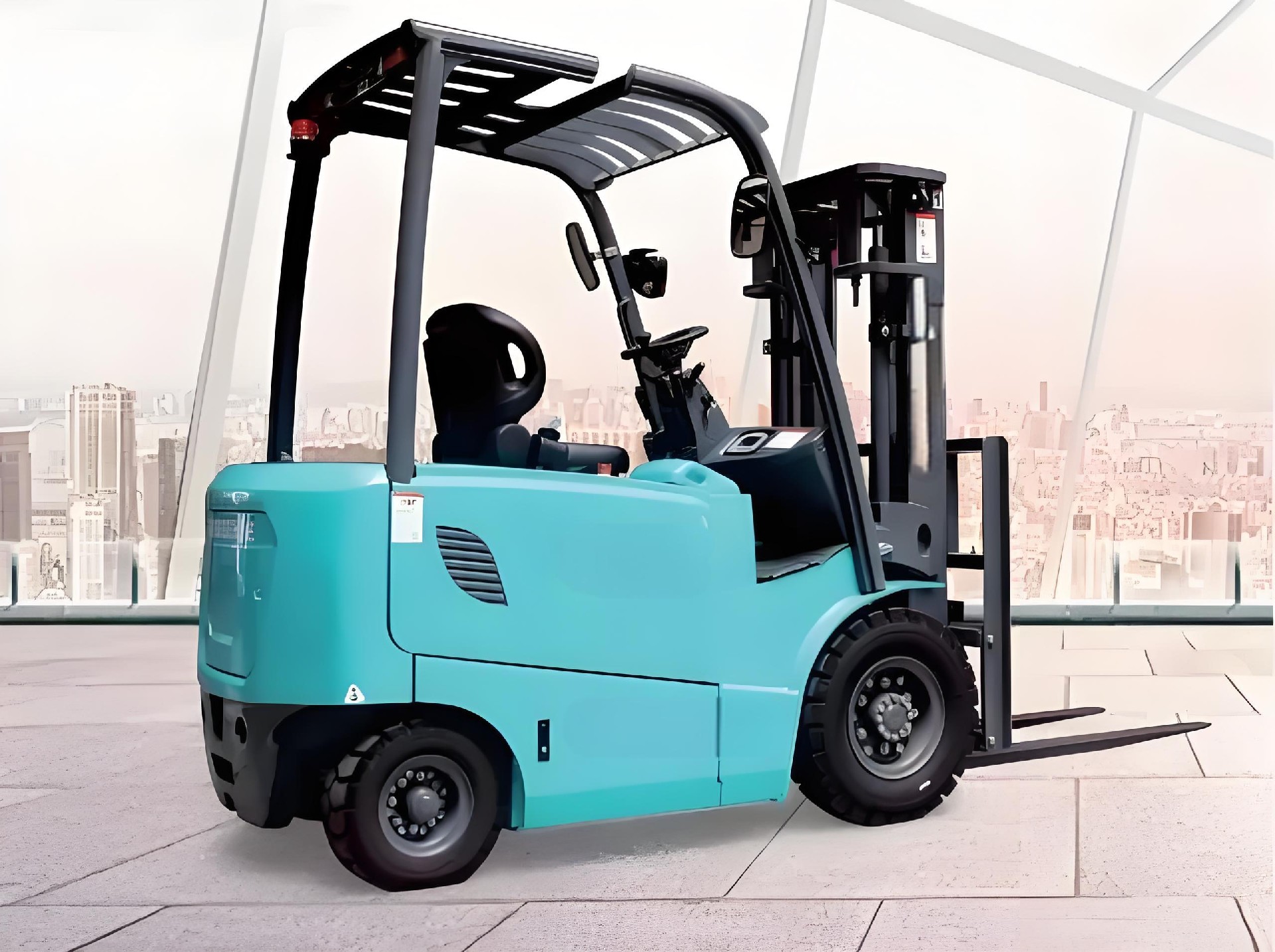
First, lead-acid batteries
The lead-acid battery was one of the first commercially produced batteries, invented in 1859 by the French chemist Gustav Plante Soux. A lead-acid battery converts electrical energy into chemical energy through a chemical reaction, and converts chemical energy into electrical energy when needed.
Lead-acid batteries have lower energy density and power density, relatively long charging time, and heavier weight. However, they have low cost, high reliability and are suitable for many application scenarios. However, the endurance of lead-acid batteries is relatively short, and a charge can usually only support a few hours of working time, requiring frequent charging.
However, the advantages of lead-acid batteries are low cost, high reliability and long service life. However, their low energy density and long charging time have a certain impact on the environment.
Second, lithium-ion batteries
Invented in 1991 by Japanese scientist Eiji Yoshikawa, the lithium-ion battery is a type of battery that stores and releases energy by moving lithium ions between positive and negative electrodes.
Lithium-ion batteries have high energy density, long life and low self-discharge rate, they also have the ability to quickly charge, and lithium-ion batteries have a relatively strong battery life, a charge can support a long time of work, suitable for applications that need a long time of continuous use.
Although lithium-ion batteries have the advantages of high energy density, long life, fast charging and lightweight, they are expensive, sensitive to temperature and require special management and maintenance.
Three, nickel metal hydride battery
Then nickel-cadmium battery, nickel-metal hydride battery in 1967 by the French scientist Stanley White invented, is a use of nickel hydroxide and cobalt hydride as positive and negative electrode materials of the battery, has a high energy density, long cycle life and high charging efficiency, but also has a low self-discharge rate; The general nickel-metal hydride battery has a strong battery life, and a single charge can support a longer time of work.
However, the weight of nickel-metal hydride batteries is large, and the cost is relatively high compared to lead-acid batteries. In addition, the performance of nickel-metal hydride batteries at high temperatures may be affected.
Four, nickel-cadmium battery
The nickel-cadmium battery was independently invented in 1899 by Swiss scientist Wolf Frank and another scientist, Louis Rutherford. Nickel-cadmium batteries use nickel and cadmium as positive and negative electrode materials to convert electrical energy into chemical energy through chemical reactions.
Nickel-cadmium batteries have high specific energy and power, relatively high charging efficiency, and they also have a long cycle life and a low self-discharge rate.
The battery life of nickel-cadmium battery is relatively strong, and a single charge can support a long time of work. However, the price of nickel-cadmium batteries is relatively high, and contains the toxic heavy metal cadmium, which has a certain impact on the environment.
Finally, in terms of price, in general, the price of lead-acid batteries is relatively low, the price of lithium-ion batteries is relatively high, and the price of nickel-metal hydride batteries and nickel-cadmium batteries is between the two (lithium ionization > nickel-cadmium batteries ≈ nickel-metal hydride batteries > lead-acid batteries).
Finally, with the progress of technology and the intensification of market competition, the price of different types of batteries may also change, so lithium battery forklifts are widely used in logistics, warehousing, manufacturing and other fields, and have become an indispensable and important equipment in modern industrial production. With the improvement of environmental awareness and the continuous progress of technology, the application prospects of lithium battery forklifts will be broader. In the future, with the continuous breakthrough of battery technology and the further reduction of costs, lithium battery forklifts are expected to replace traditional internal combustion forklifts to become the mainstream of the market.
In short, lithium battery forklift plays an important role in modern industrial production with its environmental protection, high efficiency, energy saving and other advantages. With the continuous progress of technology and the continuous expansion of application fields, the future development prospects of lithium battery forklifts are worth looking forward to.
Well, that's the battery problem caused by the forklift today! If it helps.
